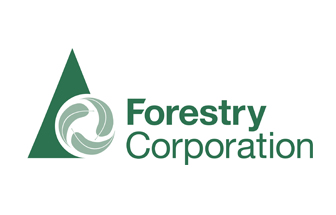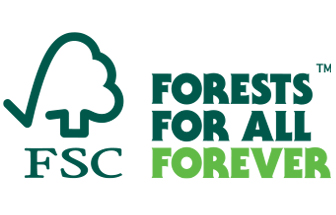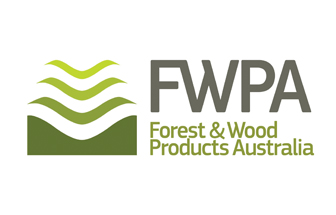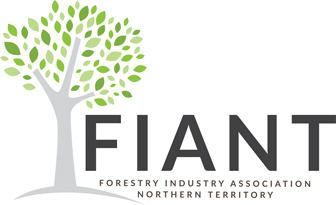SPINDLELESS LATHE TECHNOLOGY TO STRENGTHEN THE
CAPACITY OF FOREST PRODUCTS SECTOR IN GIPPSLAND
VICTORIAN-based sustainable hardwood sawmiller Radial Timber Australia has teamed up with the University of Melbourne and the Queensland
Department of Agriculture and Fisheries to evaluate commercial opportunities for LVL from the under-utilised forest resource in Gippsland
The Gippsland region has had a long history of economic activity in wood products and processing based on public native forest and private plantation timber resources.
Trees on farms and private native forests are potentially significant timber and veneer resources, but little is known about the quantity or quality of this resource or its potential for use in new types of veneered timber products such as laminated veneer lumber.
Resource is also potentially available from ecological thinning on public land, council reserves and land under Traditional Owner management.
A collaborative R&D project funded by the National Institute for Forest Products Innovation centre at Gippsland aims to develop new and improved EWPs from low-grade and underutilised timber resources in the region.
The research team will test the potential to process smaller, underutilised, and low-quality hardwoods using spindleless lathe technology to produce LVL.
The project represents an opportunity for the forest products sector in Gippsland to play a vital role in providing the building sector with locally produced high-quality EWPs to meet the timber demand and secure Gippsland’s role in driving forestry research. Ultimately, such products will generate higher value for tree growers and processors, support the development of new industries, meet the shortfall in supply of processed timber products to meet local and national demand and provide new markets for private tree growers.
The initiative will act as a catalyser in developing a sustainable timber manufacturing strategy to address supply-chain issues.
“I firmly believe this project has the potential to change the face of forestry and timber production not just in Gippsland but throughout Australia, managing director of Radial Timber Chris McEvoy said.
“Turning small low-grade thinnings into high-value, much-in-demand engineered timber products has enormous potential and we will have a commercial facility at our Yarram mill that will help fast track these developments,” Mr McEvoy said.
“I am really excited to be working with R&D partners in Melbourne University and Queensland Department of Agriculture and Fisheries to help realise this potential.”
Two MPhil opportunities for domestic Victorian students are also attached to the project. Working closely with the project partners and stakeholders, the candidates will be responsible for underpinning and providing evidence of the feasibility of absorbing and processing under-utilised timber resources to produce high-value sustainable and renewable wood products and create economic opportunities for grower communities.









